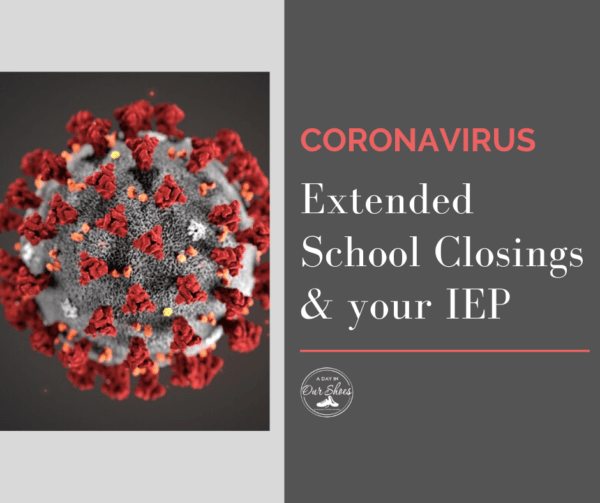Preventing eating disorders and fostering a positive body image is at the top of most parenting to-do lists for moms of tween and teen girls. Mom blogger Lisa Weinstein recently participated in an important mother/daughter group session addressing these important concerns. Here, she lets us in on what she learned and what she hopes the young women in attendance took away from the evening.
We gathered together in the cozy, darkened living room of a suburban home in southern New Jersey. Teenage girls and their mothers, our faces framed by the shimmering glow of dozens of tiny tealight candles.
One by one, the girls spoke, taking advantage of this judgment-free environment where they could safely admit to being overly critical of themselves and to having feelings of fear, shame and embarrassment.
I looked across the room at the program leaders, my 16-year-old daughter Melissa and her friend, who sat with notebooks on their laps, asking the questions that had elicited such raw, emotional responses from their peers.
- "Has anyone ever made you feel uncomfortable in your own skin?"
- "Have you ever felt embarrassed or ashamed of who you are?"
- "How do you cope when you are feeling upset or stressed or out of control?"
The question and answer session came as part of a mother/daughter program hosted by B'nai B'rith Girls (BBG), an international Jewish youth organization focused on leadership skills, confidence building, community service, religion and spirituality, sisterhood and friendship.
Each year, the girls in Melissa's local BBG chapter dedicate their time and resources to raising funds and awareness for a "stand-up cause." Armed with the knowledge that nearly half a million teens suffer from anorexia and bulimia, the girls unanimously chose to focus on eating disorders as their 2014 cause.
As chapter vice president, Melissa had played a key role in planning the mother/daughter program, which featured a guest speaker from an eating disorders treatment center, as well as the mind/body/attitude discussion that encouraged the girls to share from the heart.
They spoke of feeling awkward about their body shape. They spoke of feeling like they didn't belong. They spoke of feeling stressed, feeling pressured to do too much, to get good grades, to look just right, to be pretty, to be popular, to be thin . . . to fit in.
And as the girls spoke, their mothers listened.
And then we talked.
We told our daughters that we faced the same challenges, and they don't go away, but they get easier to handle the older you get. We told our daughters that we know we'll never be perfect, but we no longer care. We told our daughters that throughout our lives we've developed a deep bond with the friends who love us for who we are . . . and that everyone else who dares to judge us no longer matter.
We told our daughters that we wished when they looked in the mirror that they could see what we see . . . a teenage girl who is so incredible, so talented and so wonderful.
We told our daughters that no matter how bad things get, no matter where they are or what they do, that they can come to us, they can talk to us, they can tell us anything because we are their best friend.
We told our daughters that we love them unconditionally.
We told our daughters that we think they are beautiful.
I just hope they think so, too.
Eating disorders are serious emotional and physical problems that can have life-threatening consequences. In the United States, 35 to 57 percent of adolescent girls engage in crash dieting, fasting, self-induced vomiting, diet pills or laxatives. To learn more visit the National Eating Disorders Association.
 Lisa Weinstein is a South Jersey mom who blogs about parenting a teen, coping with middle age and celebrating nearly two decades of marriage. This post was adapted from her blog, The Mixed Up Brains of Lisa Weinstein.
Lisa Weinstein is a South Jersey mom who blogs about parenting a teen, coping with middle age and celebrating nearly two decades of marriage. This post was adapted from her blog, The Mixed Up Brains of Lisa Weinstein.






